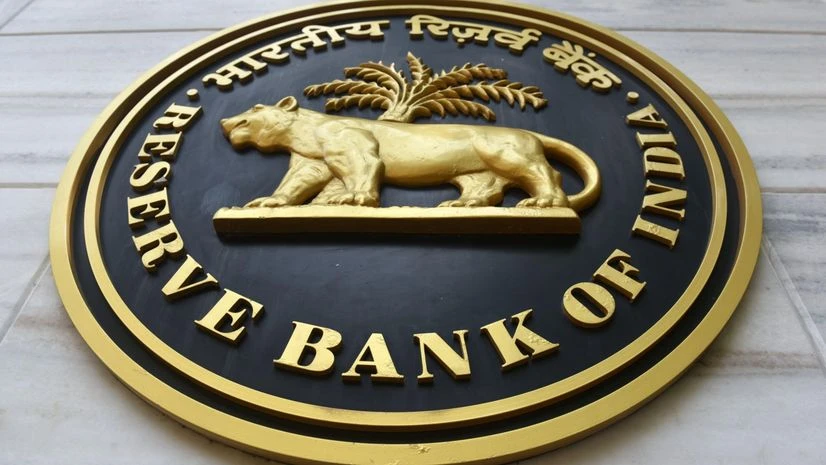Amid challenges posed by the Covid pandemic, India strategically integrated communication into its monetary policy framework, according to the BIS (Bank for International Settlements) report released by the Reserve Bank of India (RBI) on Thursday.
The report said that beyond providing forward guidance, the RBI utilised communication channels to transparently explain the rationale behind its measures, which anchored inflation expectations and inspired confidence and optimism among the general public.
“In India, apart from forward guidance, communications were also used to explain the rationale for the measures being taken by the RBI, while also seeking to inspire confidence and optimism for the general public during the pandemic,” the report said.
Further, exchange rate intervention also helped anchor expectations and facilitated the overarching objective of maintaining macroeconomic stability and market confidence. Improved foreign exchange reserve adequacy helped in maintaining investor confidence and improved policymakers' room for manoeuvre, the report said.
India adopted a comprehensive strategy, emphasising macroprudential measures, including increasing the limit on external commercial borrowing (ECB) and easing restrictions on foreign investment in debt markets. To address asset market stress, restrictions on bank participation in securities markets were reduced.
The RBI also implemented a scheme, committing to specific open market purchases of government securities, ensuring a stable and orderly yield curve evolution, the report said.
The report highlighted the measures adopted by the RBI to support borrowers included initiatives tailored for individuals and small businesses, encompassing a temporary loan moratorium, relaxed working capital financing, and the flexibility for lenders to restructure borrower accounts through a specialised resolution framework.
More From This Section
“The measures aimed at individuals and small businesses included a temporary period of loan moratorium on payment of instalments, easing of working capital financing, and allowing lenders to restructure borrower accounts under a special resolution framework,” the report said.
Furthermore, the government support measures, such as targeted subsidies or reductions in tariffs and duties, helped to reduce the pass-through to measured inflation in the country, the report said.
The supply-side measures taken by the government, such as excise duty cuts on petrol and diesel, and lower import duties, helped to stabilise prices of key items in the food basket.

)
